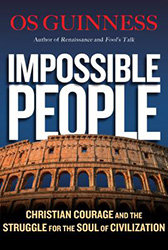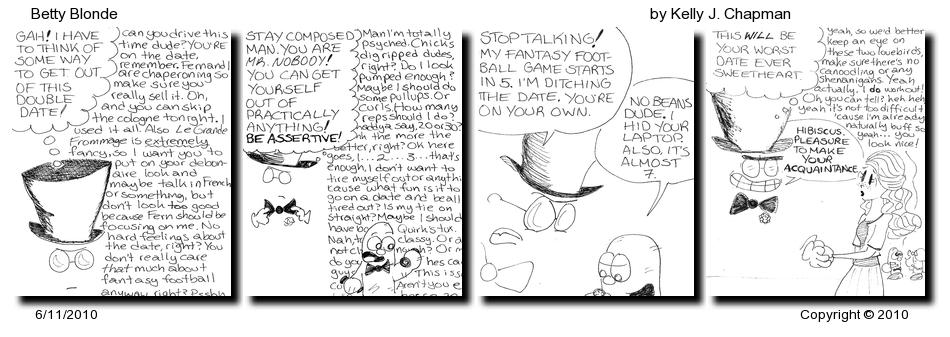I am about to turn 61. A lot of funny little things, and I emphasize the word little, because they are of almost no importance, have been going on in my life. On that birthday theme, I found out today a guy that I have been helping get a business started in Kansas was born the day before me–the day before, the same year. In addition and very randomly, through Facebook, we learned that his daughters roommate in California is the first cousin of one of my daughter’s best friends in Seattle. There was no connection whatsoever between the two, we just found out about it after the fact. There are a couple of other non-coincidences like that about which I really do not have license to speak, but it surely seems odd that things work out serendipitously for great good for no material reason.
The other thing that just seems very random in my life is that the guy in the office next to me is one of those autodidact guys who claims he is an atheist. I called him on it–I really know of no rational person who claims they are atheist. He backed off of his statement. You would have had to been there to understand the context because my calling him on it was not really a heavy handed thing, but an outgrowth of a (relatively) thoughtful conversation. It was about as thoughtful a conversation as one could have with someone who absurdly claims, “No one has given me any good reason to believe there is a God.” That has always seemed to be a profoundly irrational claim, especially in light of the fairly recent, but very clear understanding that nothing existed–literally nothing, not even a quantum vacuum, no time, no space, nothing–then something started to exist. At the very least, that calls for some level of agnosticism. Really, there is no good reason to think there is not a God–much more so than that there is not one.
Life just seems a little surreal right now, but that is not a bad thing, just a little disorienting.

 Os Guinness wrote a book titled
Os Guinness wrote a book titled 
 Just a day after I wrote a post on
Just a day after I wrote a post on  One of our most fondly remembered homeschool outings was a visit to the
One of our most fondly remembered homeschool outings was a visit to the  I have written about and pointed to various things
I have written about and pointed to various things 

